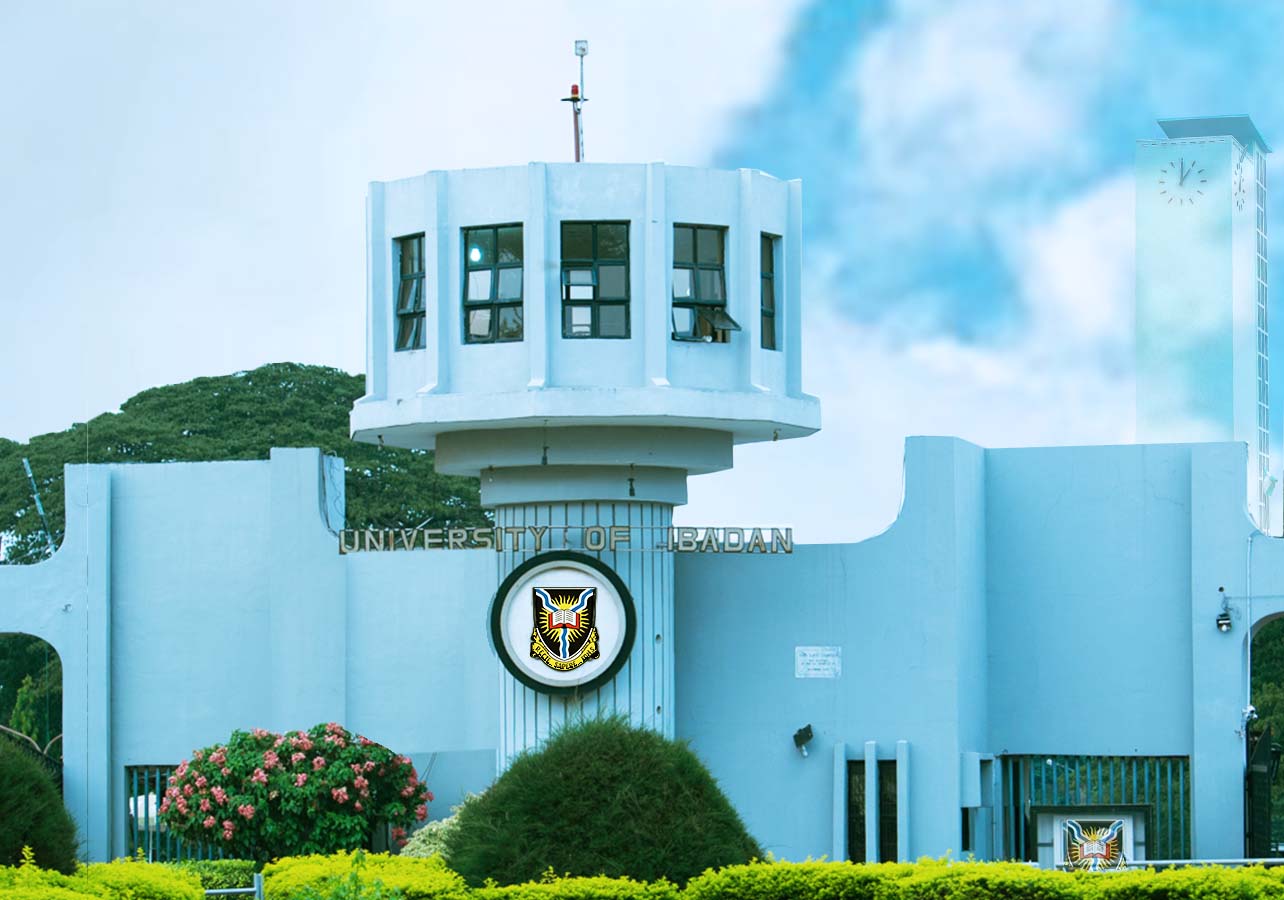On UI’s Shortened Calendar and Impact on Students: A Trade-off between Efficiency and Student Well-being?

The advent of the examination period at the University of Ibadan has different connotations to different students. For some, it presents an opportunity to redeem themselves academically and boost their CGPA. While to finalists, it is the last hurdle of an intense academic race. Either way, exam periods mark the culmination of a rigorous academic cycle, after which students can indulge in a well-deserved break.
As the commencement of General Studies examination in the University of Ibadan marks the onset of this critical period, students are usually taken aback as to how short-lived the academic semesters were. The newly revised academic calendar of the University of Ibadan earmarks only 11 weeks for Teaching/Revision and Continuous Assessment, in contrast to 13 weeks and an extra 2 weeks for revision that was previously obtainable. But while there exist obvious reasons as to why this new system was adopted—essentially the need for the University to make up for backlogs accrued due to strike actions—it is imperative to reassess the potential impacts it has on UI students. In this vox populi, we inquire into how the University’s shortened calendar influences various aspects of students’ life and affects the quality of their education.
How would you compare the quality of teaching and your assimilation in this new system?
Tolu: Very poor quality of teaching and assimilation. Lecturers don’t finish syllabus and try to build on what they didn’t lay the foundation.
Peter: The quality of teaching and my assimilation in this new system have both been affected. With only 11 weeks of teaching, the pace has been much faster, leaving less time to digest the material thoroughly. This means I often find myself cramming at the last minute, which isn’t ideal for deep learning. I definitely feel like I could have benefited from more time to grasp concepts fully.
Kenny: Hmmm! To be honest, the system is a little strange and even most of the lecturers are yet to adapt to it because they find it hard to complete the course outline for the semester. It has also been hard on us students to finish reading up all the slides within that short period but we’re getting used to it already.
Aisha: It hasn’t been easy. I just keep complaining about not understanding, and the test results aren’t helping as well.
Thelma: The new system places a lot of pressure on the lecturers to attempt to finish their curriculum. In an attempt to do so, they tend to ignore much finer points that should have been discussed. It’s a lose-lose for both the lecturers and the students.
Is there a significant difference in your degree of preparedness for exams?
Tolu: Yes, I think I’m less prepared than I used to be.
Peter: As for my preparedness for exams, I’d say it’s been a bit of a struggle. With less time for revision and the pressure to keep up with assignments, I haven’t been able to give myself the thorough review I usually would. It’s been harder to balance everything, and I feel less confident going into exams compared to previous semesters.
Kenny: Yes, I have been preparing so hard for my exams like never before because I usually feel that examinations are getting nearer.
Aisha: Well, I’d say I’m prepared for some courses and I’m not for some because some courses weren’t taught properly and we have to rely on tutorials.
Thelma: There’s an increase, I suppose. To cover up for what was not taught in class, get extra material to actually understand what was being taught while simultaneously knowing that exams will still be as hard as it was when there was enough time to teach.
How would you describe the level of academic pressure you experienced during the session?
Tolu: The academic pressure has been a lot.
Peter: The level of academic pressure has been overwhelming. The condensed time frame means there’s no breathing room, and it feels like there’s always something due or an assessment coming up.
Kenny: Honestly speaking, the pressure was much. Preparing for classes, presentations, tests and exams have not been easy.
Aisha: It was quite much, but I guess I’m coping.
Thelma: A lot. There were moments when I felt overwhelmed.
Did you go through any period of burnout during the session?
Tolu: Yes, countless times.
Peter: I definitely went through periods of burnout. The intense schedule made it difficult to recharge, and at times, I felt mentally drained.
Kenny: Yeesss, I definitely did.
Aisha: Yes! I think I cried twice.
Thelma: Almost did, but I guess having my friends-support systems helped alot.
How has this impacted your mental health and ability to cope with stress and anxiety?
Tolu: The impact on my mental health has been negative. But on the contrary, I’ve developed better coping mechanisms to stress.
Peter: Mentally, this system has had its toll. I’ve experienced heightened stress and anxiety, trying to juggle the compressed deadlines while maintaining my academic performance. It’s not easy, and I’ve had to find ways to cope, but it’s still been tough.
Kenny: Well… I am getting to learn how to work/study under tension. Although, there are times when I feel very stressed and anxious.
Aisha: I have learnt to resort to adaptive coping mechanisms whenever my mental health was less than optimal.
Thelma: I suppose I’ve learnt how to manage a lot of things at a time and still be above water, but it’s not something I encourage. There are healthier ways to learn how to be more efficient.
How would you rate your productivity during the course of the semester?
Tolu: I would say fair enough.
Peter: In terms of productivity, it’s been a challenge. I can’t say I’ve been at my most productive this semester. Between cramming and the fast-paced assignments, I’ve often found myself working late into the night, which doesn’t exactly lead to optimal productivity.
Kenny: Above average
Aisha: If my productivity is a function of my ability to accomplish tasks, achieve goals and produce desired outcomes, then I definitely wasn’t productive enough.
Thelma: I was able to stay afloat. That’s a win in my books.
How much has this system affected your ability to engage in extracurriculars?
Tolu: I didn’t get enough time to properly participate in extracurriculars.
Peter: Extracurricular activities have taken a backseat. With the schedule being so tight, I haven’t had the time or energy to participate in any activities outside of academics. That’s something I miss as it’s usually a good way to unwind.
Kenny: It didn’t really affect my ability to engage in extracurricular activities. Infact, I must say that this session is one that I took active participation in so many extracurricular activities.
Aisha: It really affected me because I wasn’t able to engage in the things I engaged in last semester, and I always feel like time is running out, and I have a lot to do.
Thelma: I’ve not had the time for it, to be honest.
Generally, how has UI’s shortened calendar impacted you positively?
Tolu: The fact that I’ll graduate early.
Peter: On the positive side, the shortened calendar has taught me time management and adaptability. I’ve learned to work with urgency, and while it’s been a struggle, I think it’s helped me become more efficient in certain areas. However, the mental strain and lack of adequate downtime are concerns that should definitely be addressed.
Kenny: Well… I can’t wait to graduate!
Aisha: Well… it actually set me straight, and I’d say I faced reality a lot. I realised that time waits for no one, and I need to take my academics seriously.
Thelma: Now I know I can work under lots of pressure and I suppose I’ll be graduating sooner. That’s something to look forward to.
By and large, it is no gainsaying that the shortened calendar implemented by the University of Ibadan has yielded positive and negative outcomes, with both sides significantly affecting students. The university has tried to recover the academic year prolonged by strike actions and the COVID-19 pandemic years ago by compressing schedules and academic sessions. However, accelerating the academic session surely comes with its troubles; the efficiencies of teaching and learning have been impacted. It is now a matter of speed versus efficacy.
Students and lecturers alike have been at the receiving end of this. Lecturers have to rush their coursework and organize extra classes when necessary while students have to pull all-nighters to meet up with the academic demand. This is especially more difficult for students who have to work other jobs to get by and those who engage in extracurricular activities. On the holistic welfare of students, academic regression, burnout and mental breakdown raise major concerns.
Ultimately, a comprehensive review of the system is crucial to establish an academic framework that fosters both academic excellence and the overall well-being of UI students. In the end, progress is not solely defined by speed, but by the efficacy and sustainability of our endeavours.
*Names have been changed to protect the identity of respondents.
Shukurah Adeniyi




